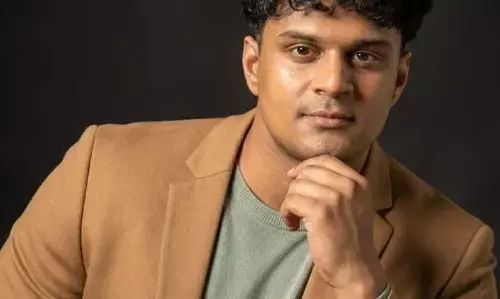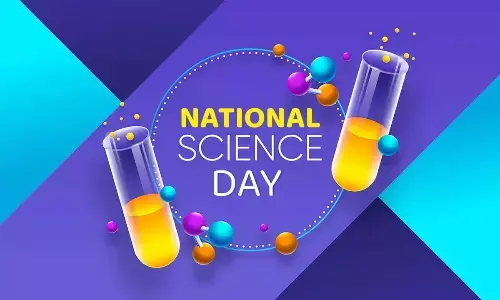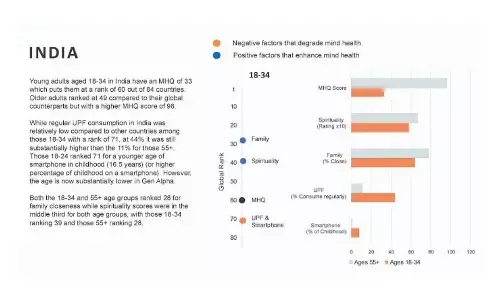Genome editing becoming a reality

Genome editing becoming a reality
But debate over ethics, equitable access and governance continue
Hundreds of experts from around the world gathered at the Francis Crick Institute in London this week for the Third International Summit on Human Genome Editing. As at the first and second summits, held in Washington DC in 2015 and Hong Kong in 2018, leading experts in research shared their discoveries and discussed how they should be used.
The prospect of curing certain diseases by changing the parts of our DNA that cause them is becoming a reality. A somatic genome editing treatment for sickle cell disease is set to obtain regulatory approval in the US later this year. "Delivery" was a recurring issue: the delivery of equitable access to genome editing therapies, ongoing research to optimise delivery systems for genome editing apparatus and delivery of measures to foster discussions regarding regulation, governance, public and patient engagement.
American Nobel laureate David Baltimore aptly noted in his opening remarks, "new technologies continue to challenge our society." The advent of CRISPR gene-editing technology, short for "Clustered Regularly Interspaced Short Palindromic Repeats" has reaffirmed this proposition, igniting a global dialogue on its accompanying ethical and regulatory issues. Five years after the last summit, CRISPR technology has continued to mature. It is an insurmountable task to capture all of the developments in both the science and ethics of CRISPR technology.
New developments
American chemist and biologist David Liu reported on findings to use "prime editing" to treat genetic conditions such as Huntington's disease and Friedreich's ataxia. Unlike CRISPR, which makes a double stranded cut in the DNA, prime editing induces a single stranded cut. This makes it more versatile and precise for targeted deletion and insertion of genetic sequences. The summit heard about Vertex Pharmaceutical's CRISPR-based treatment for sickle cell disease. The treatment is expected to become the first approved CRISPR genome editing therapy later this year. There were also reports of research using CRISPR technology to treat diseases including Duchenne muscular dystrophy, cancer, HIV/AIDS, heart and muscle disease and inborn errors of immunity.
American molecular biologist Eric Olson reported success in using base editing to target CaMKIId, a central regulator of cardiac signalling, in restoring cardiac function, as a treatment for myocardial infarction.
Equitable access
As research proceeds and treatments become available, questions about equitable access to the technology arise. Equity extends beyond considerations of cost, access and ownership, to research engagement and output. This refers to capacity for knowledge production, data sovereignty and collection, access to latest knowledge, opportunities for collaboration and infrastructure to facilitate recruitment and trialling of
new therapies. Access issues are particularly relevant to lower- and middle-income countries, which may be compromised by systemic and structural inequities. Policy and political landscapes, economic constraints and scientific racism further perpetuate this inequity.
Gautam Dongre, representing the National Alliance of Sickle Cell Organisations India, described the reality of those living with sickle cell disease in India, where access to treatment is dire: "Our priority is to be alive, to receive gene therapy in the future."
Patient concerns
A memorable presentation from Victoria Gray – the first recipient of Vertex Pharmaceutical's CRISPR therapy for sickle cell disease – highlighted its life-changing impact. Gray says her CRISPR-modified "super cells" have cured her, enabling her to lead a disease-free life. The great potential of CRISPR technology can be realised, but importantly, it must be accessible to all. Concluding remarks How should CRISPR technology be regulated? This is a critical question. As the summit's organisers noted, somatic genome editing has made "remarkable progress," demonstrating its capability to "cure once-incurable diseases." Further research is needed to target more diseases and enhance our understanding of risks and unintended consequences.
The organising committee concluded that heritable human genome editing for reproduction purposes "remains unacceptable at this time." This is in light of the absence of preclinical evidence for safety and efficacy, legal authorisation and rigorous oversight and governance.
The concept of "safe enough" was interrogated – whose ethics should be applied to make this value judgment? Does the notion of safety traverse into areas beyond medically defined risks of physical harm? It is notable that risk tolerance and perception of safety is dictated by an individual's position in their country, culture, socio-economic status and lived experience. In 2021, the World Health Organization published a framework for governing human genome editing. This retains its authority as an exemplar for a pathway toward an appropriate regulatory framework. While not overly prescriptive, it was designed to be adaptable for implementation in any jurisdiction. This year, Uganda plans to implement the framework as a pilot project. The organising committee called for global action to explore measures for equitable and affordable pathways to access genome editing therapies. Ongoing global discussions are far from complete, and perhaps may never be complete, reinforcing the need for collective dialogue to proceed this summit. And on with research, innovation and collaboration.
(Writer is PhD Candidate in Technology, Medical Law and Ethics, University of Adelaide, Australia; The Conversation)











